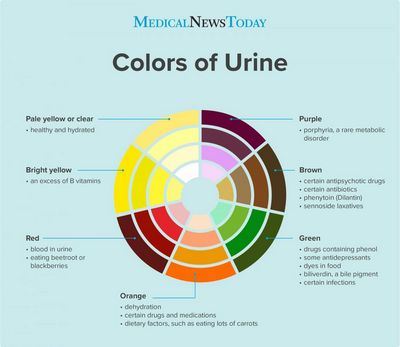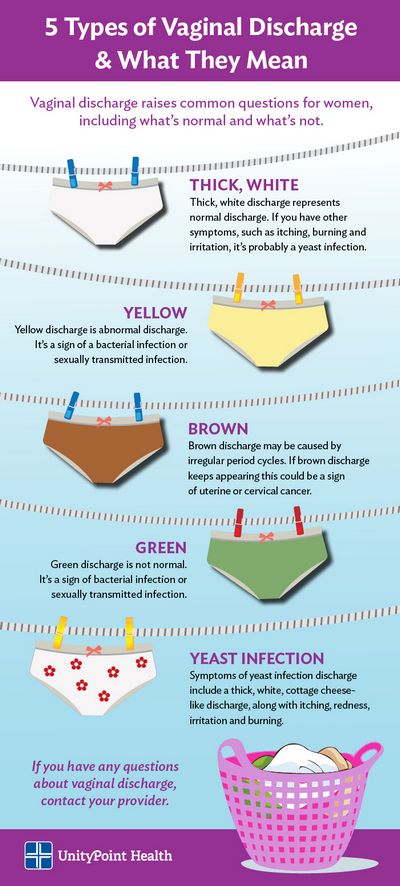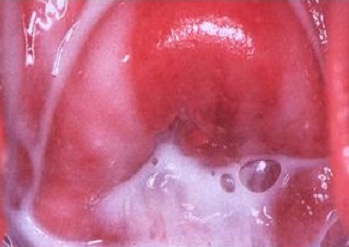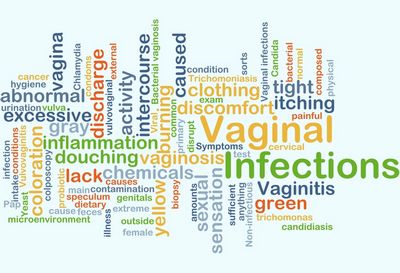You can find many ways to describe your white discharge.

Some people call it cottage cheese, while others refer to it as baby powder. It could also be referred to as vaginal discharge, but that is not a very accurate description. There are several reasons for a thick white vaginal discharge that has no odor control. When you have a thick white discharge that is not odorless, it is important to find the cause of the condition in order to treat it effectively.
Preterm pregnancy: While you may not notice any odor when you first get pregnant, it is important to know that you will have a period soon after you conceive. When this happens, the discharge will change from being thin to thick white.

This discharge will occur before your period, and then again before the discharge stops entirely. This is because your body is preparing for childbirth and is trying to empty your system of your new child.
Late pregnancy: During late pregnancy, you may find that your discharge becomes thicker. If you have been experiencing white discharge without a period and it seems creamy, then it could be an early sign of late pregnancy, as your body is already preparing for birth.
Pelvic Inflammatory Disease (PID): A thick white vaginal discharge may be associated with a bacterial infection such as Chlamydia or gonorrhea. If you have had sex recently and you are experiencing a white vaginal discharge without a discharge, then there is an increased possibility of contracting one of these infections. It is important to seek treatment right away as there are no symptoms associated with chlamydia or gonorrhea infection.
Vaginal Bacterial Infection (VBI): You should be aware that some forms of VBI are not serious.

The difference between this type of infection and a serious one lies in the symptoms of the infection, which may include white discharge, pain during intercourse or urination, itching or burning sensations, and burning.
Chlamydia: This bacterial infection is sexually transmitted. There is no evidence to indicate that this condition is caused by the presence of a thick white discharge. However, it is important to know the symptoms associated with this infection and to avoid sexual contact with a person who has this condition.
Fungal, Bacterial Infection (FBI): The same symptoms of bacterial infections can occur with this type of condition. The only difference is that they tend to be red and itchy, and have no smell. Because of this, the white discharge associated with the infection is actually is, not a thick white vaginal discharge.
Although it is normal to have a white vaginal discharge at certain times, it is also important to take note that it is not unusual for women to experience a white vaginal discharge without a period.

In addition, you may have this condition as a result of a bacterial or viral infection that is not detected.
One important thing to remember is that white vaginal discharge is not always a symptom of another condition. If you notice a thick white discharge, but do not have any other symptoms, then you may not have an infection.
You should also be aware that you have many possible causes for this condition. Some women will experience a white discharge without a period when their hormones are fluctuating. This is because the body is changing the levels of estrogen and progesterone.
In general, you will generally experience these changes when your estrogen levels are going through change. Your doctor will be able to tell you when your body is ready for a period.

If you are having a period, then it is safe to assume that your estrogen levels are normal. Even if they are normal, there may be some things that you are doing to affect the hormones such as taking hormone treatments for other reasons.
Another possible cause for this condition is if you are taking birth control pills. Because these pills can cause the body to produce more progesterone, the estrogen level may increase and produce a white discharge. If this occurs, you may notice a thick white vaginal discharge, as it is a signal that your body is producing more progesterone. If you choose to continue your birth control pills, then you may want to discuss your condition with your doctor and make sure that this is the cause of your white discharge.